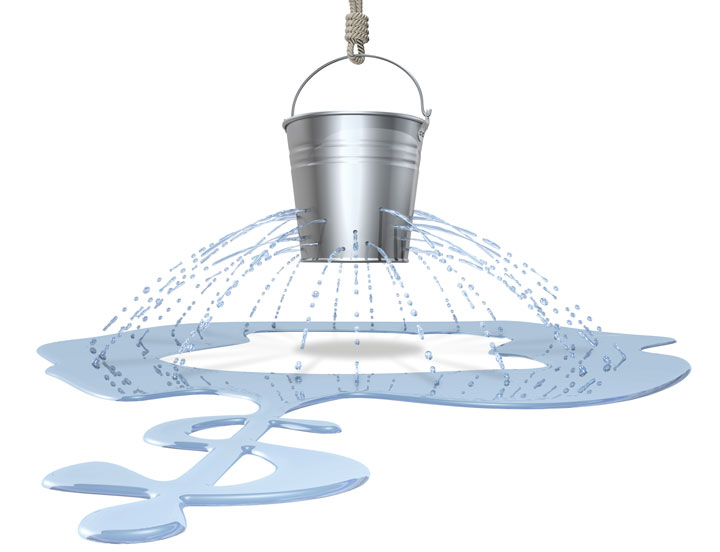
The National Water and Sewerage Corporation (NWSC) faces a significant financial burden caused by the loss of treated and pumped water. Non-Revenue Water (NRW), which refers to the water lost between supply and billing, poses a major challenge for NWSC. If this water loss could be halved, it would not only prevent revenue loss but also provide enough water to serve additional people.
NRW encompasses various factors, including leakages, deteriorating infrastructure, inaccurate billing systems, deficient customer registration, inaccurate metering, reservoir overflow, and illegal connections. It represents the difference between the water supplied into the distribution system and the water that is effectively billed to customers. Tackling NRW is crucial, especially considering the future demand for water driven by rapid population growth in Uganda.
The high levels of NRW have dire consequences for both NWSC and households. Financially, NWSC suffers from revenue losses and excessive operating costs, hampering its capacity to fund service expansions, conduct maintenance, and invest in new technology. Moreover, physical losses occur throughout the distribution system, with small leaks often surpassing the damage caused by visible pipe bursts. It is crucial to address these physical losses effectively, and NWSC’s innovative response time of five minutes to address leaks shows promise in reducing NRW.
While commercial losses may be smaller in volume compared to physical losses, their reduction is equally significant. Taking action against commercial losses leads to an immediate increase in billed volume and revenues. Commercial losses primarily stem from customer meter under-registration, illegal connections, water theft, and errors in metering, data handling, and billing. Addressing these issues is critical for improving the financial sustainability of NWSC.
Water theft represents a complex issue that encompasses political and social dimensions. Despite the common association of illegal connections with urban poor and informal settlements, water theft also occurs among high-income households, commercial users, and even large organizations. Addressing water theft requires difficult managerial decisions that may face political opposition. However, reducing water theft can significantly contribute to reducing NRW and improving revenue generation for NWSC.
With a strategic focus and adequate funding, NWSC can aim to reduce NRW by half within one to two years. This reduction would yield substantial benefits, including increased annual income from billing and reduced water production costs. By prioritizing efficient water management practices and tackling the root causes of NRW, NWSC can enhance its financial viability and ensure the sustainable provision of water services to its customers.
Efficient management of Non-Revenue Water is a critical imperative for NWSC, an it is essential for stakeholders to recognize the urgency of this challenge and collaborate to secure a water-efficient future for all.


